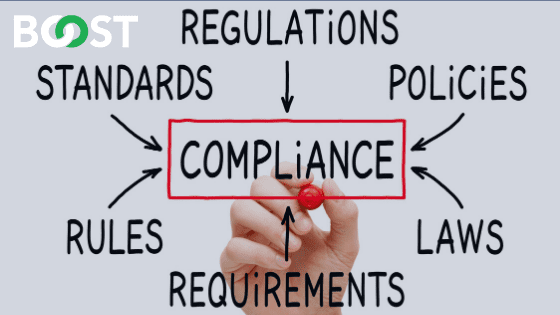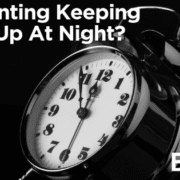DCAA Compliance for Small Businesses
As a small govcon have you ever thought…do I really need to be DCAA compliant with a small business? What if I’m “just a subcontractor” or “too small that DCAA will never notice me”?
We hear the following from companies more often than they’d like to admit:
- It’s so complicated to get DCAA compliant (insert the eye roll and swipe across the forehead)
- It’s such as hassle, I’ll do it when we get bigger (the procrastinator)
- I have both commercial and government business, so the govcon piece won’t get noticed (I’m awesome and therefore the rules don’t apply)
- It’s too expensive (cheap catches up to you)
- I only have FFP and T&M contracts, so I won’t get audited (wrong!)
- If I fail an audit, I’ll get excused because I’m a small business (nope, the small business card doesn’t work with DCAA)
To these “excuses” our advice is…
Make your small business DCAA compliant and now!
Here’s why:
• It’s not as complicated as what you think.
There four primary components to being DCAA compliant – chart of accounts, timekeeping, forward pricing and policies and procedures. No one accounting system is deemed DCAA compliant. It’s all about how your system is configured and your policies and procedures. A professional firm who knows DCAA compliant small business accounting is necessary to get the work done right…the first time.
• Small = less $ to become compliant.
Design a system that scales with you and the savings will be impressive. Retrofitting a large existing system to be DCAA compliant is time consuming and expensive. Don’t get lazy – get it done when you are small. Small businesses can gain DCAA compliance for cheaper than larger businesses, get it done while it costs less.
• It’s a Pass/Fail test.
The is no B or C grade. You either pass or you fail. Failing costs money and more money than it takes to preemptively become DCAA compliant as a small business.
• Timekeeping is like eating healthy.
It’s all about behavior modification. It takes daily reminders to establish healthy eating habits and it is the same for timekeeping. Additionally, it’s the most critical component of the DCAA audit. Establishing solid policies and procedures for timekeeping when you are small is the easiest way to establish behaviors and set the tone for the critical importance of timekeeping. Get HR involved because timekeeping should be in your employee handbook. Educate employees on why timekeeping is important.
• Improve your dating profile.
Teaming partners, especially large integrators, like to work with DCAA-compliant small businesses. You might not have been audited yet, but you are prepared in case you do and that is half of the battle.
Bottom line – get your small business DCAA compliant now!
BOOST can help and it’s one of our favorite accounting projects. Well, we have lots of favorites, but this one is rewarding and we actually like doing it! So, now go get healthy, change your behavior, spend some money in order to save some money and prepare for the inevitable.
















